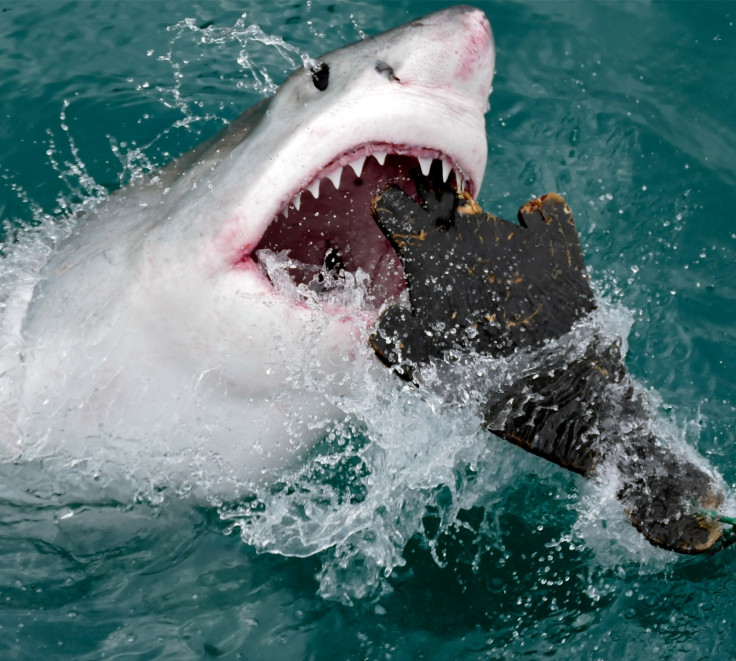A new kind of drum line is keeping sharks away from popular beaches and protecting swimmers
It could also help improve the predators' chances of survival.

For the past six months, the Australian Department of Primary Industries (DPI) has been trialling a new kind of shark control drum line to see if it successfully protected beaches from great white sharks.
The 20 devices, called SMART (shark management alert in real time) were scattered along the New South Wales Mid North Coast in August and are now showing results, reports ABC.
A total of 64 sharks were caught off the coast during the trial, and 16 great white sharks were captured during its first month alone.
"It can reduce the likelihood of an attack or incident with a dangerous shark," said Paul Butcher from the DPI's Fisheries Conservation Unit.
Butcher said the device helped spot sharks and also collected data about their whereabouts along the coast.
Some locals have expressed alarm at the high number of sharks caught near the coast. However, there is an explanation. Butcher pointed out that a nursery area of great whites was located near one of the beaches (Forster). Other beaches were fine, with one only recording 15 shark sightings during the length of the trial.
Locals and surfers said it was apparent that more sharks inhabited the area. Jada McNeil described her encounter with a shark while she was diving with her daughter in One Mile Beach.
"My reaction was to get my daughter out as quickly as possible," she said.
McNeil said the high number of sharks spotted along the beach will not stop her from going for a swim. "It is causing a bit of hysteria, and I think a lot of people have the attitude that they would rather not know," she said.
How do smart drum lines work?
The main difference between smart drum lines and traditional ones is that the sharks actually have a better shot at surviving.
Drum lines are traps designed to catch sharks using baited hooks. The predators get stuck on the hook and need assistance to free themselves. Usually, however, they end up dying on the hooks. They are used in shark culling (killing the sharks caught on the hooks in order to protect the beaches and reduce shark attacks).
Drum lines were introduced in Australia in 2014 and shark culling has been subject to controversy ever since.
The Australian Marine Conservation Society argued that culling was detrimental not only to the targeted sharks but also the 'by-catches': the other species getting hooked, like dolphins or turtles.
The new smart drum lines are designed to encourage the marine animals' survival by prompting an immediate reaction from the lines' operators.
"We're tagging the animal when it comes up to the surface and then we can track that animal for over a period of 10 years," Butcher said.






















